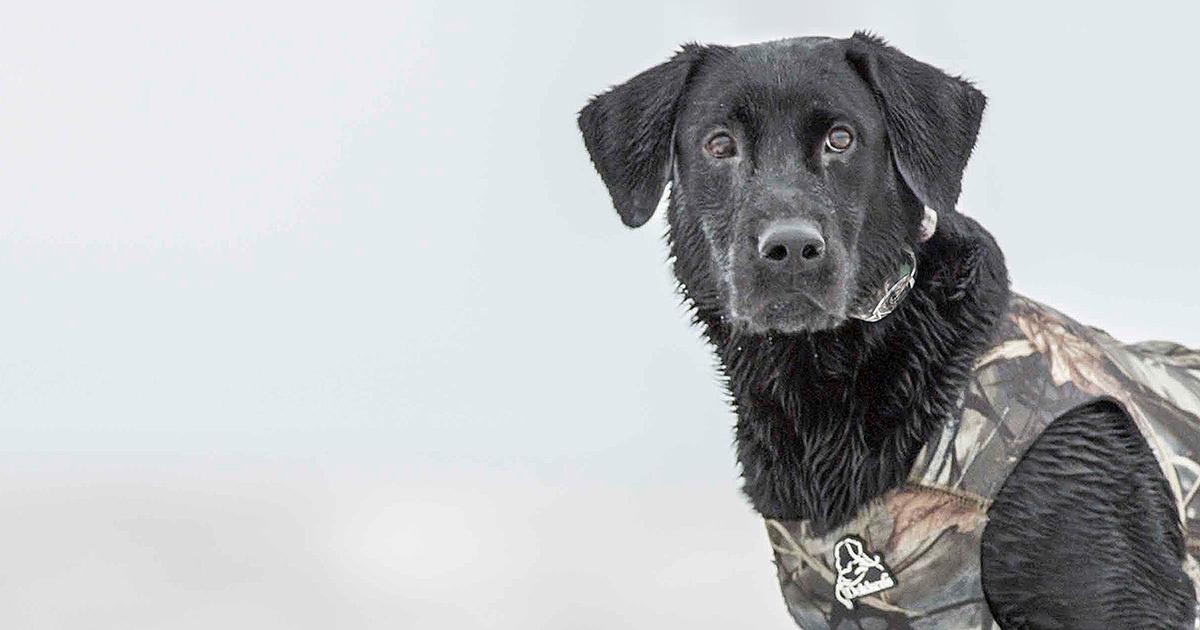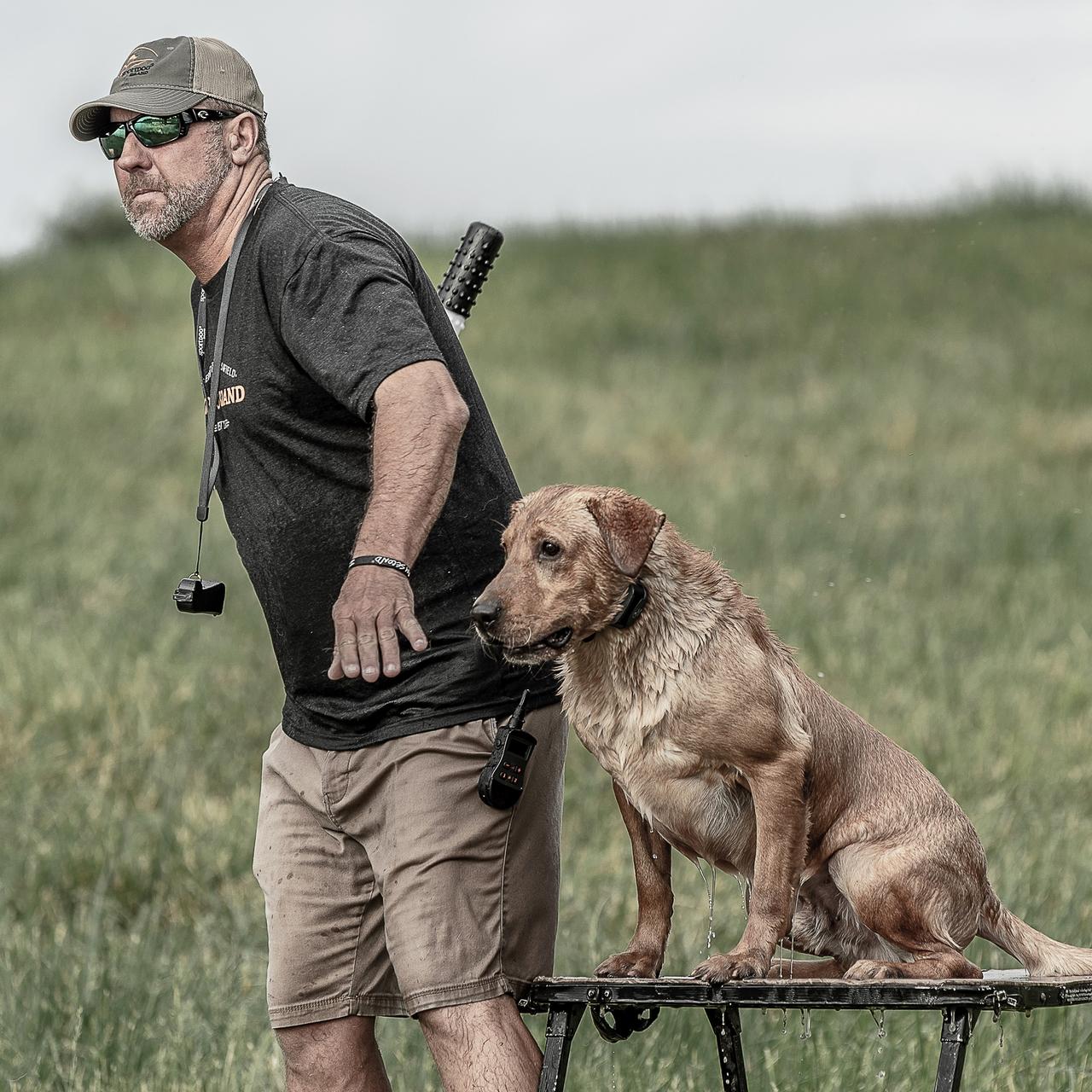
Retriever Care in Cold Weather
Posted by Chris AkinCold-weather waterfowling can mean a lot of extra work in sometimes nasty conditions, but those of us who take on those challenges are often rewarded with some of the season’s best hunting. It’s extremely satisfying to limit out when the wind is howling and ice is forming on the decoys, even if it means frozen fingers and toes.
When it comes to caring for your retriever on these types of hunts, however, it’s best to keep your ego in check. What I mean by that is that your diehard duck dog is going to keep working as long as you let it, but it’s up to you to know when to take a break or stop altogether. It’s up to you to keep your dog safe and healthy, so let’s look at some of the late-season factors you should know how to address.
1. Indoor vs. Outdoor Dogs – It seems the percentage of retrievers that enjoy the luxury of living in the house is higher than it used to be. Today’s dogs, more often than not, are part of the family. They’re lying on the couch, maybe sleeping in your kids’ beds and riding inside the truck. Years ago it was more common for a dog to live in the backyard or outdoor kennel. Your indoor dog isn’t acclimated to the weather like an outdoor dog. I don’t care what anyone says, because I’m telling you from experience that an indoor dog gets colder, more quickly.
If you’re having a great day of gunning and your dog is in and out of the cold water frequently, you have to know when to say enough is enough and give that dog a break. Whether you’re in a boat or a blind, get some sort of insulated pad under the dog, position it behind or inside of a windbreak and, finally, use one of those simple propane-fueled mini-heaters to help your dog maintain its temperature.
2. Be Smart About Feeding – Swimming in water barely above freezing and then shivering in freezing temps requires a ton of calories. Even when a dog isn’t making a lot of retrieves, the extra activity of early-morning starts, the excitement of the hunt and constantly being on alert all burn energy.
You can offset some of that energy burn by feeding a quality, high-fat and high-protein food. Resist the temptation to feed vastly more than usual because your dog’s system isn’t going to handle it well. Here’s my regimen …
First, I always feed after the hunt. I don’t like anything on a dog’s stomach prior to a big day of work. So, we go out in the morning and hunt for a few hours, and then come in for a break. At that time I feed a small amount (about a cup or cup and a half for a dog that normally gets four cups a day). We go back out for the afternoon hunt, and when we come back in, I then give that dog its usual ration.
If we’re having an extremely good day of hunting and a dog is getting lots of work, I’ll bring along some extra food or dog snacks for the blind and dole those out in small increments. The most important point here is that you should never work your dog on a full stomach, regardless of the weather. Yes, your dog might drop some weight during a busy season, but the solution is not to overcompensate by overfeeding.
3. Advantages of Vests – I think a neoprene dog vest helps in numerous ways. It provides some insulation, aids in buoyancy and offers protection from ice and underwater stickups and stumps. Make sure your dog gets used to wearing a vest before the season. And make sure it fits correctly. A vest should be snug but not restricting, and a proper fit lessens the chances of your dog getting hung up on brush or other obstacles.
If you’re a diehard waterfowler who can’t get enough action, the late season is made for you. With some preparation, your dog will enjoy it just as much as you do.

Chris Akin
Jonesboro, AR
Chris has spent most of his life duck hunting or training in the field. Over the years, his program evolved into one of the most accomplished hunt test programs in the country. Webb Footed Kennels, Inc. has produced more than 350 Hunting Retriever Champions, 175 Master Hunters, and 35 Grand...
Related Products


